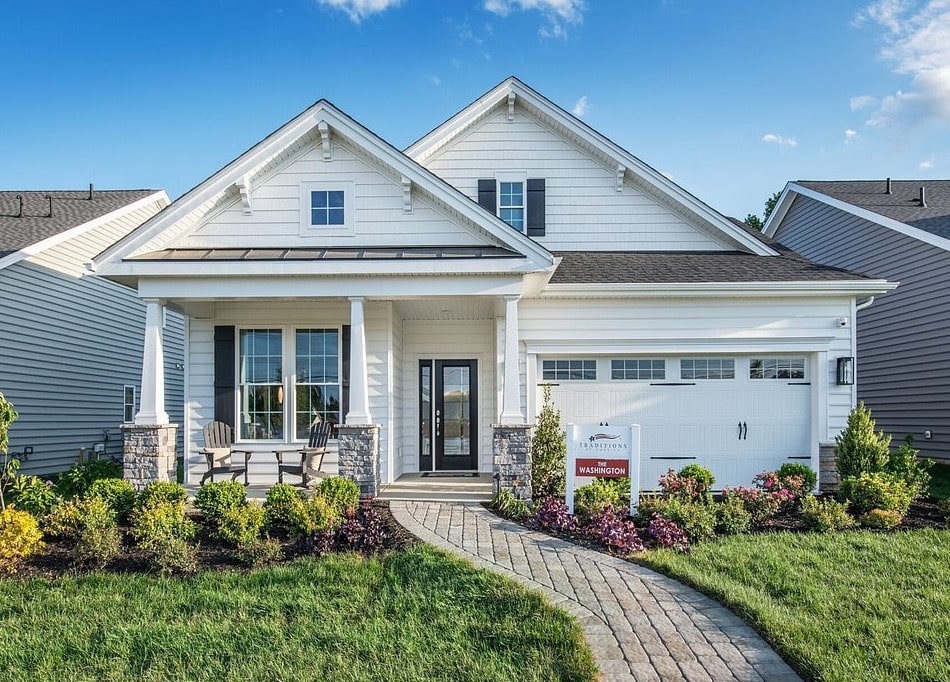The purchase, sale, and leasing of real estate in the United States includes residential, commercial, industrial, and agricultural properties. It functions as a market-driven system that is impacted by interest rates, supply, demand, and economic trends. A big component of the American Dream is owning a home, which provides equity accumulation and financial security. While rental homes offer living options, commercial real estate caters to companies. Federal, state, and municipal regulations govern the sector, guaranteeing ethical business operations and adherence to environmental standards. Experts such as developers, appraisers, and realtors are essential. Real estate investment trusts (REITs), rental income, and flipping are examples of investment options.
Table of Contents
Flexibility and Mobility
The main benefits of renting are mobility and flexibility, which is why so many individuals choose it. The complexities of the modern world mean that people’s circumstances and employment prospects can change rapidly. Renting makes it easier for people to relocate from one area to another in pursuit of a better profession, education, or even for personal reasons since it allows them to avoid the hassle of selling their home. For Gen Z and millennials, who want to work for companies that are flexible and not constrained by long-term agreements, this has been helpful.
Lower Financial Risk
Financial difficulties unique to house ownership include changes in the real estate market, maintenance costs, and a drop in property value. However, since one must pay a certain sum each month, renting offers a more favorable economic perspective. Tenants do not have to worry about property taxes, repairs, or the erratic real estate market; they are not liable for some of the losses that owners are. Renters’ expenditures are reduced as a result of their financial security, and they can save or invest the money they save.
Less Maintenance and Responsibility
The fact that the renter has little to no worry about the expense of real Estate property maintenance is another important advantage of renting. Since landlords or property management firms handle these things, they are relieved of the burden of maintaining, repairing, or landscaping their property. This is particularly crucial for working people, retirees, and those who would rather spend their time on other hobbies rather than cleaning and maintaining the house.
Access to Amenities
For instance, facilities offered by managed communities and apartment complexes are sometimes too expensive or unsustainable for individual homeowners. These might include swimming pools, communal spaces, security guards, and gyms and fitness centers. These benefits are available to rental clients without requiring them to pay additional fees or deal with the drawbacks of having them in their homes.
Financial Flexibility

When one does not have a mortgage, as in the case of house ownership, renting allows one to spend money as they choose. A sizable deposit is not required because the funds may be utilized for other worthwhile endeavors like education, vacation, or even company investments. Additionally, tenants may readily adjust their budget in relation to their housing demands and are not constrained by long-term mortgages.
Urban Living and Convenience
People’s propensity to relocate to cities is another factor contributing to their preference for renting. Cities draw a lot of people because they offer jobs, cultural events, and social life. Living in an urban region makes it simple to go to employment, public transportation, and other social amenities, including dining options, retail establishments, and entertainment venues. For many, this is mostly because the advantages of city living—like its accessibility and vibrancy—outweigh the desire to buy a home.
Avoiding Market Volatility
The real estate market has cycles of expansion followed by downturns. As a result, renting relieves consumers of the financial strain and worry associated with these real estate market swings. A weak economy, changes in communities, or changes in the market can all lower the value of properties. However, if their existing home becomes less convenient or more costly, tenants can quickly move to another one.
Lifestyle Choices

For many people, estate renting is more convenient and aligns with their requirements and ideals. These include the desire to lead a simple life, the freedom to travel as one pleases, and the lack of ownership restrictions. For the time being, tenants are free to choose the kind of property they require, whether it be a flatshare, a townhouse in the suburbs, or an apartment in the city center.
Conclusion
The shift towards renting as the new American real estate dream reflects broader societal changes, the economy, and individual preferences. Flexibility reduced financial risk, and freedom from maintenance responsibilities are among the key advantages of renting an attractive option. The rental market offers diverse and appealing housing solutions as people prioritize mobility, urban living, and lifestyle choices. While homeownership will always have its place, the growing trend of renting highlights a new paradigm in how Americans view their living arrangements.



